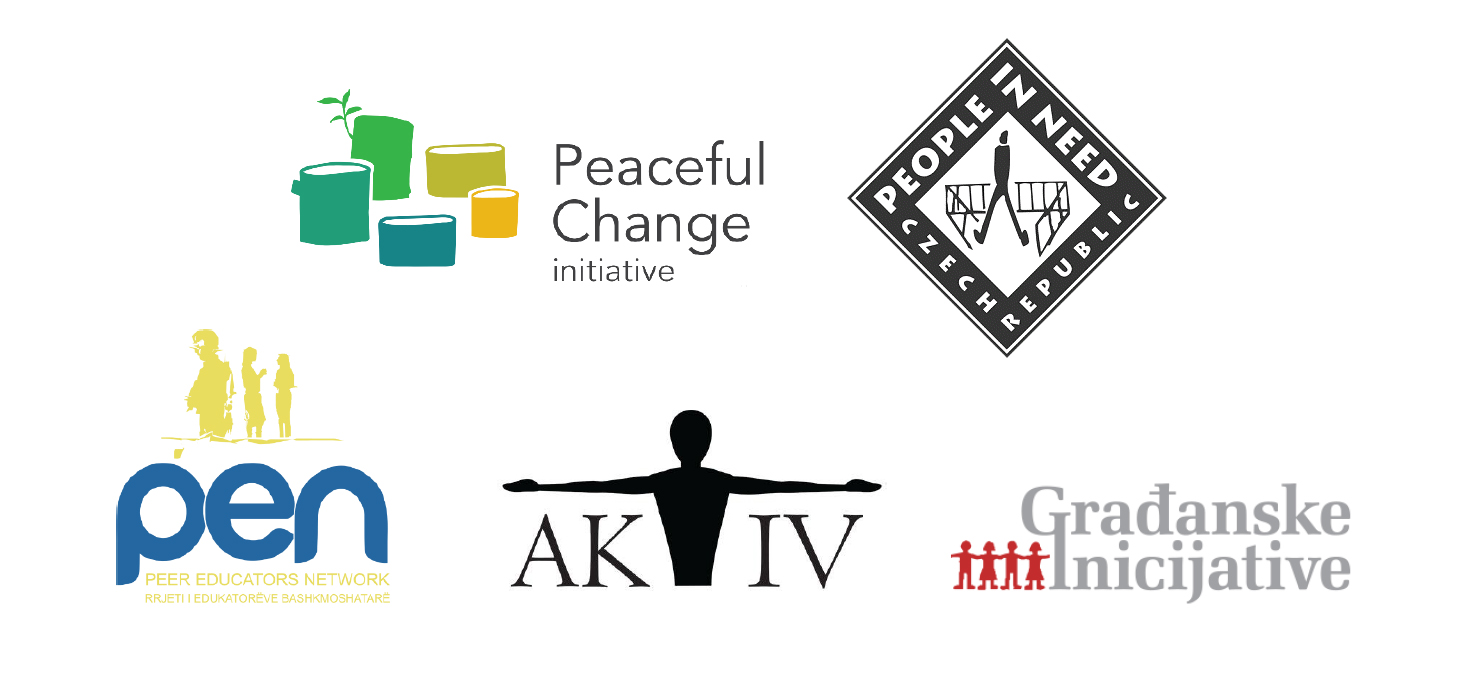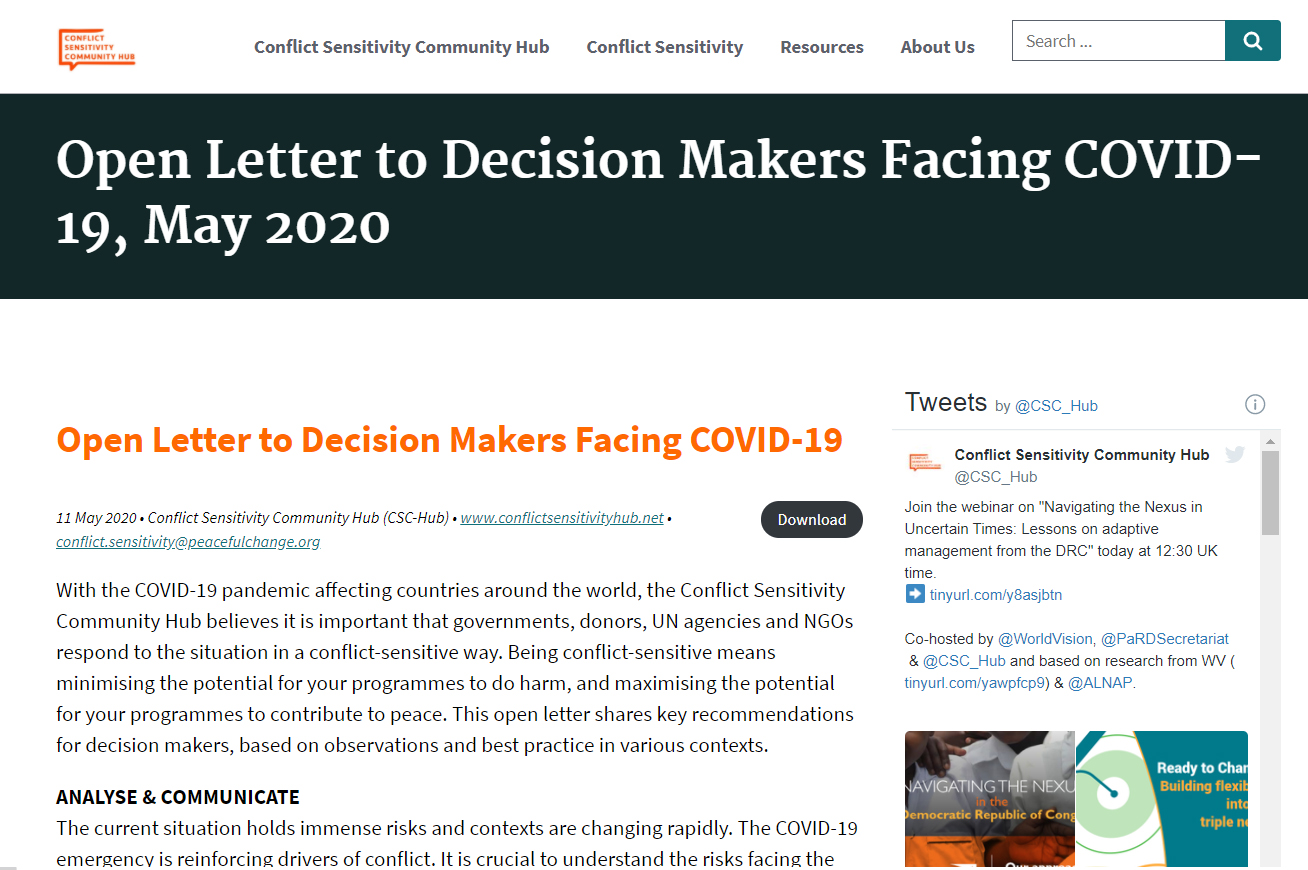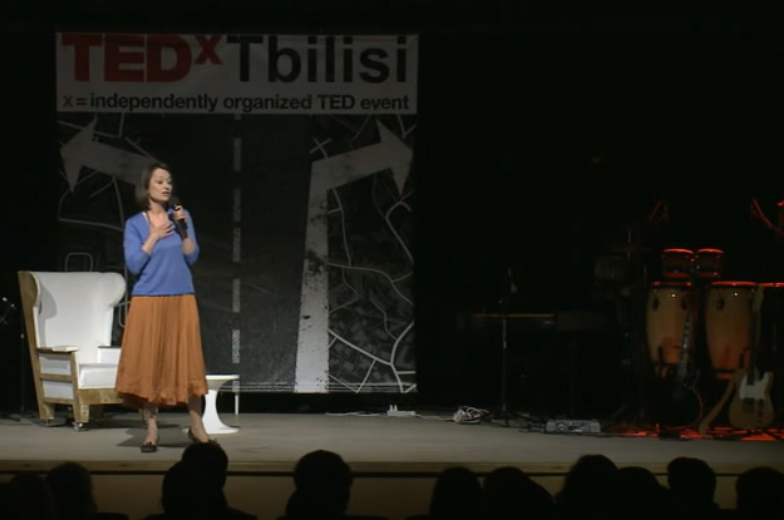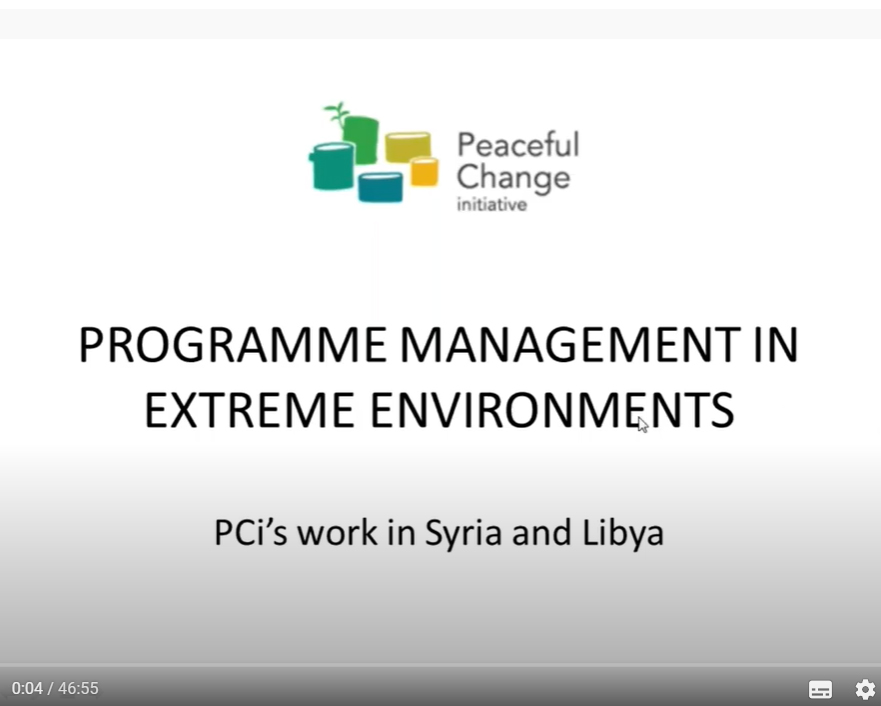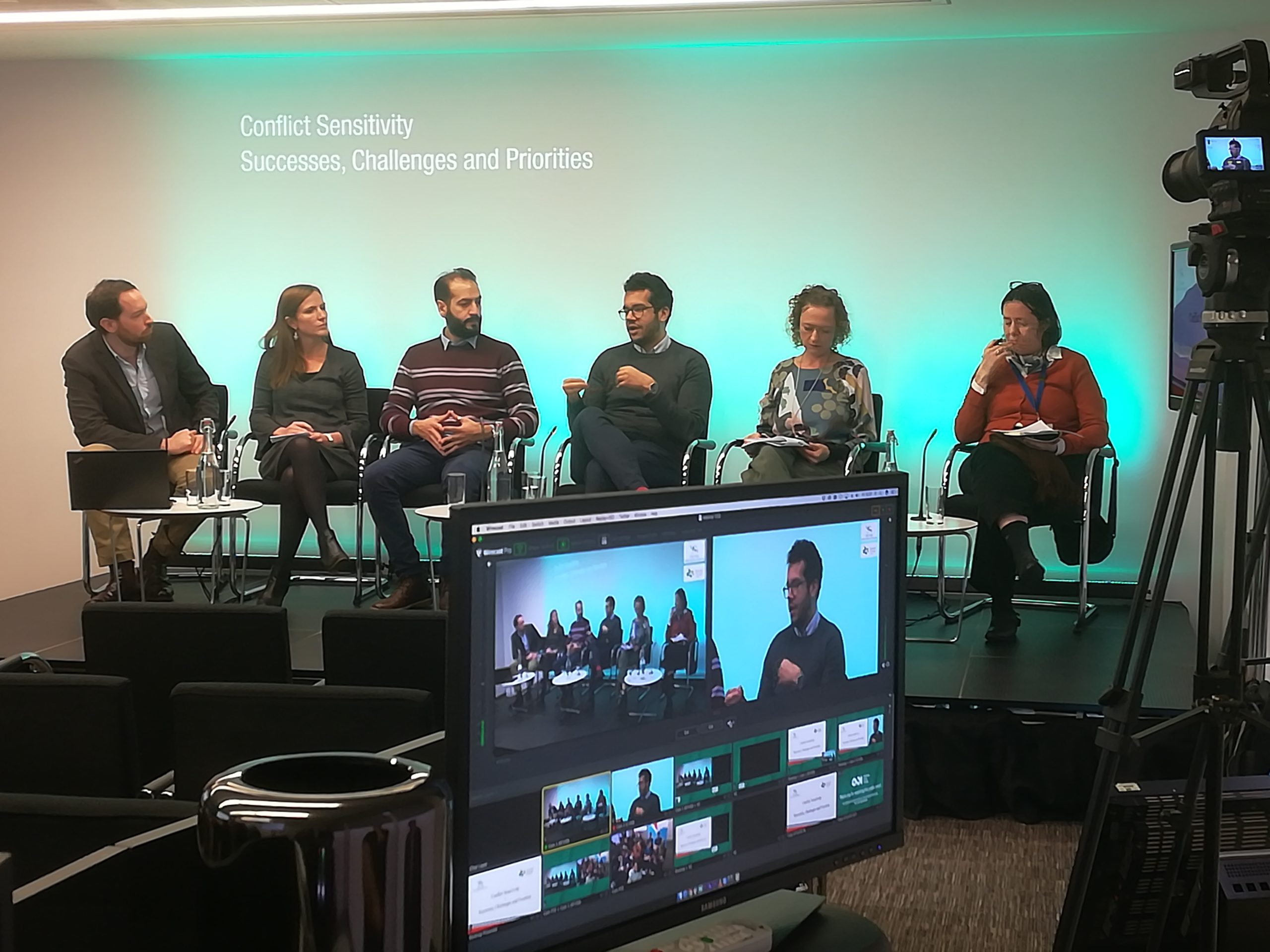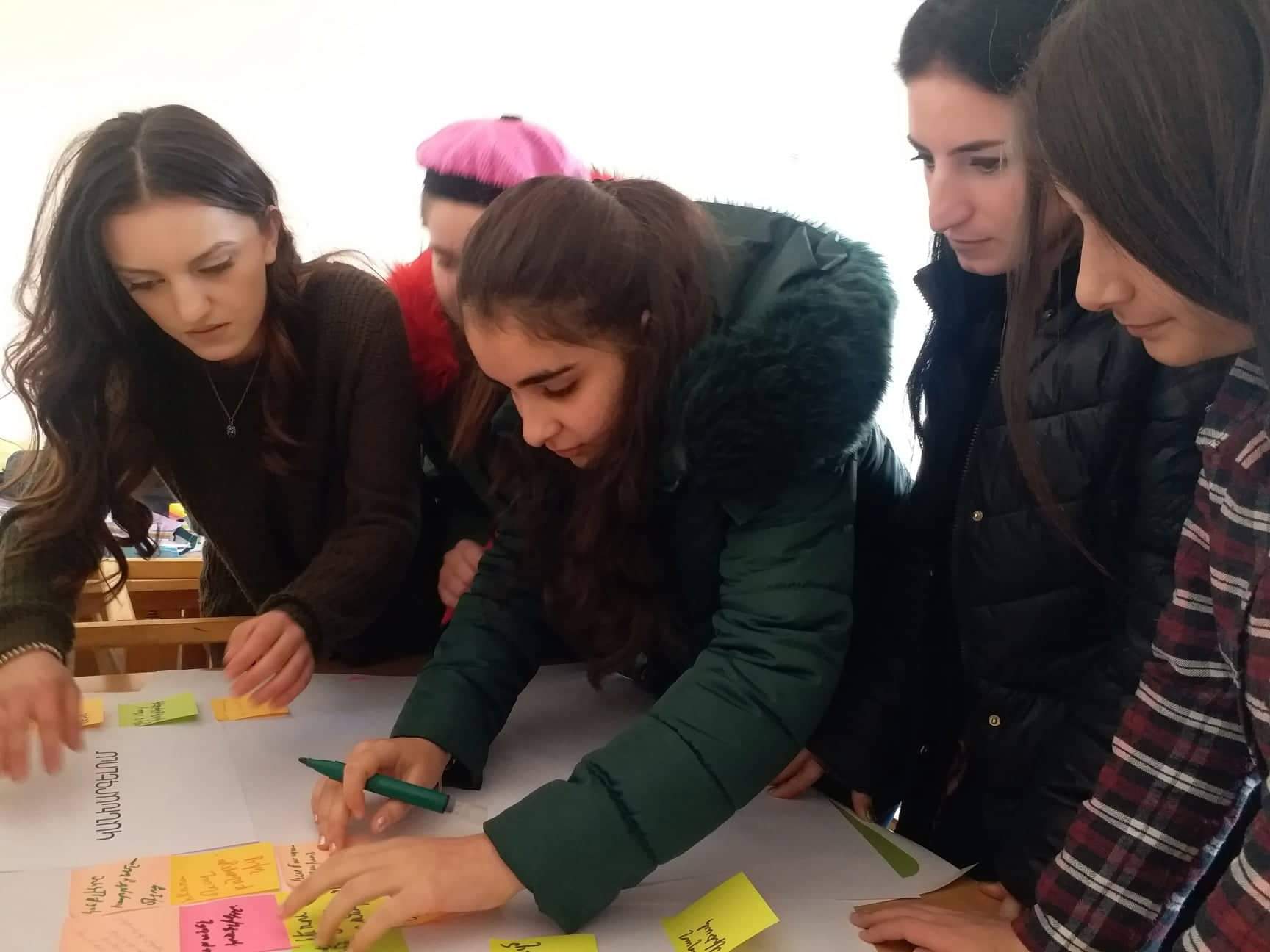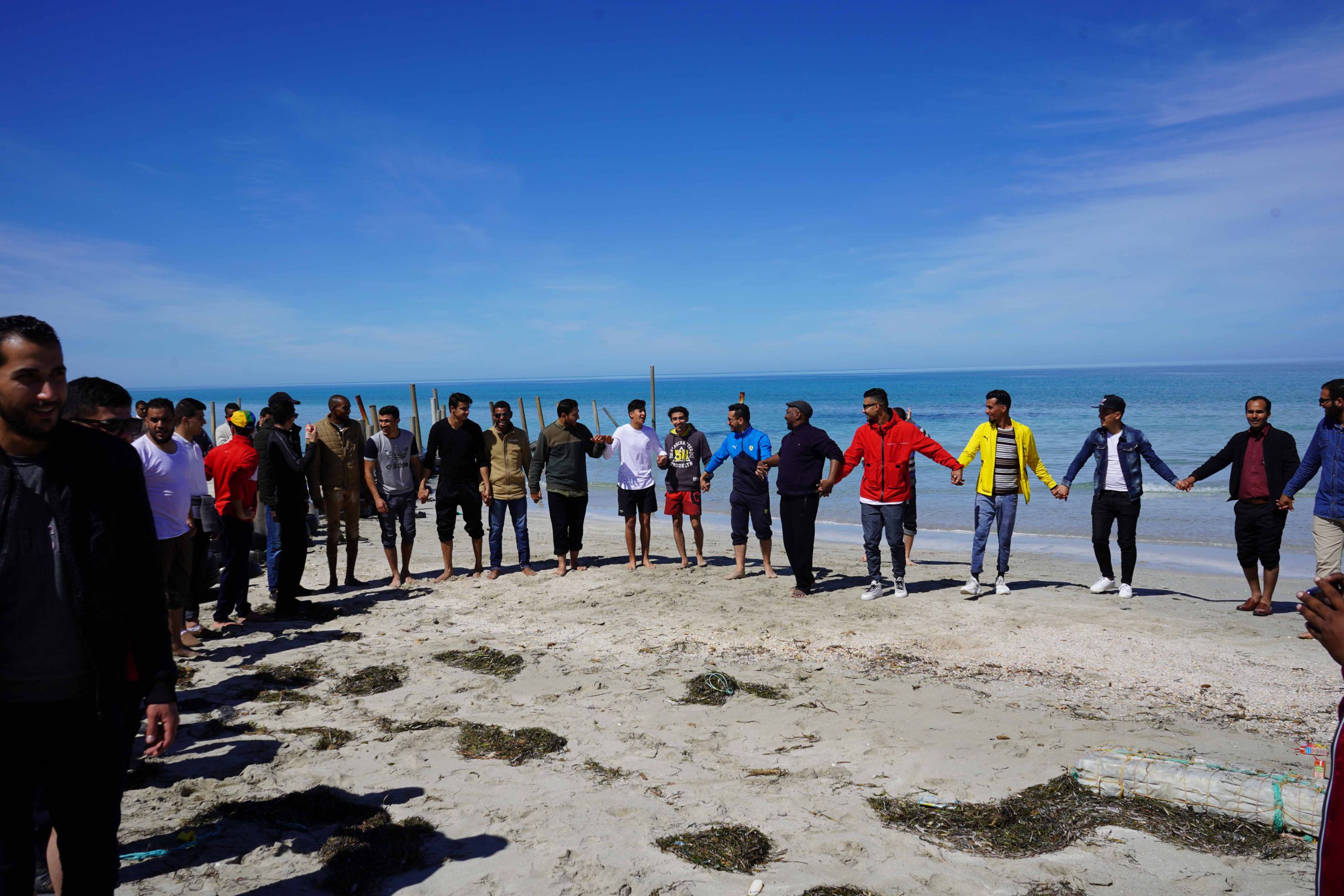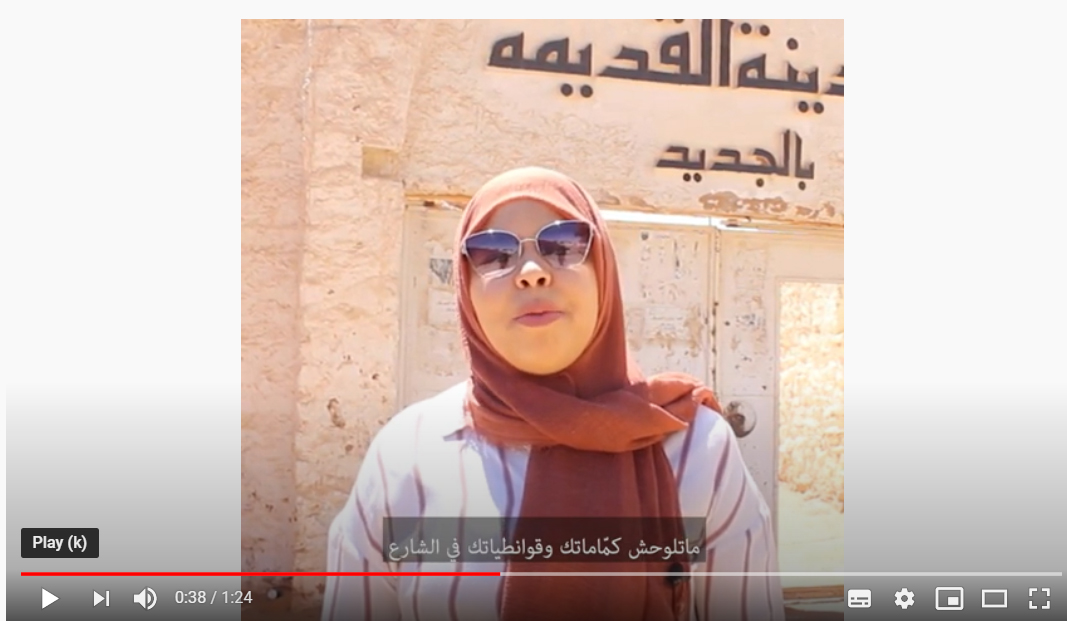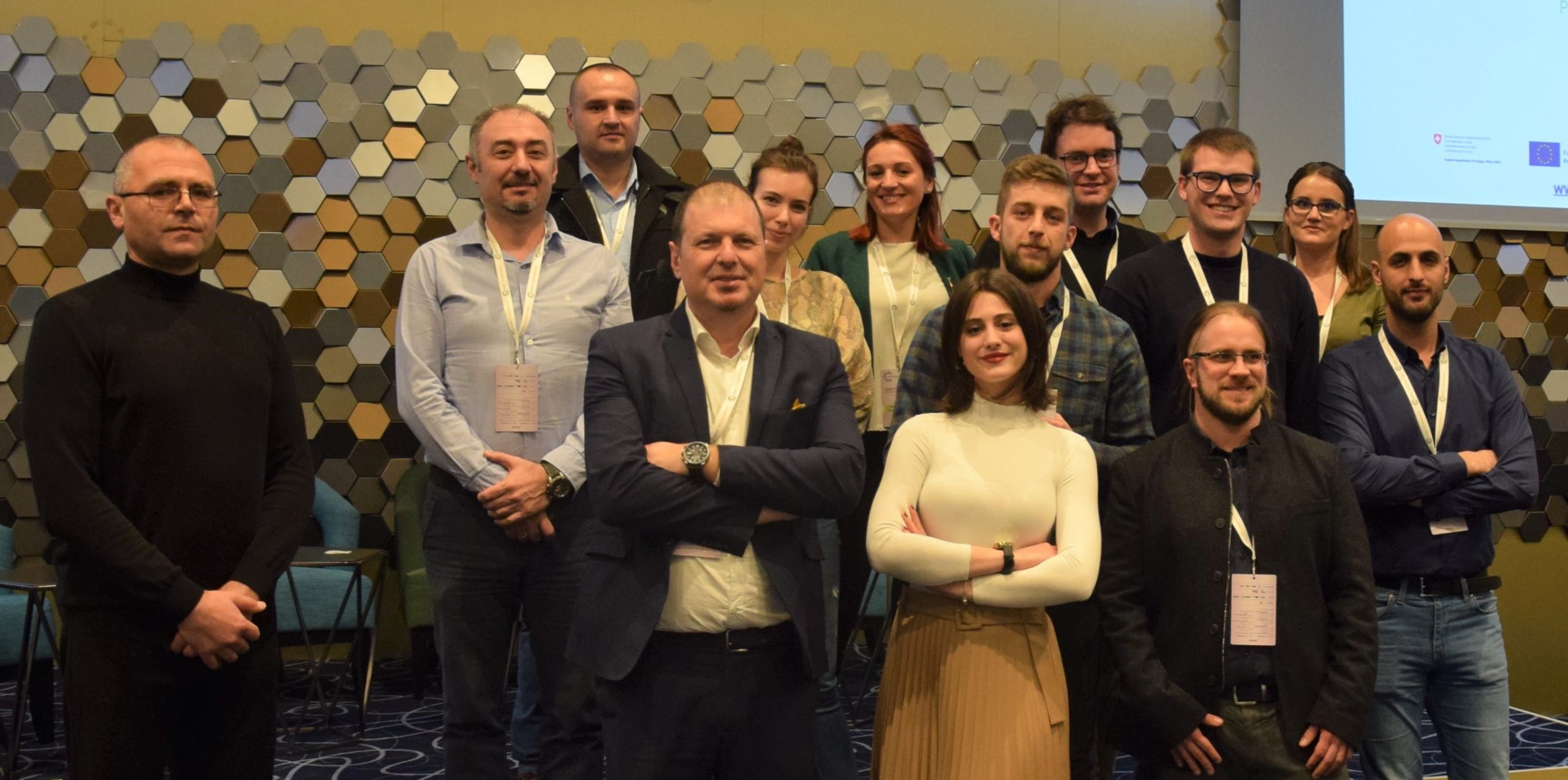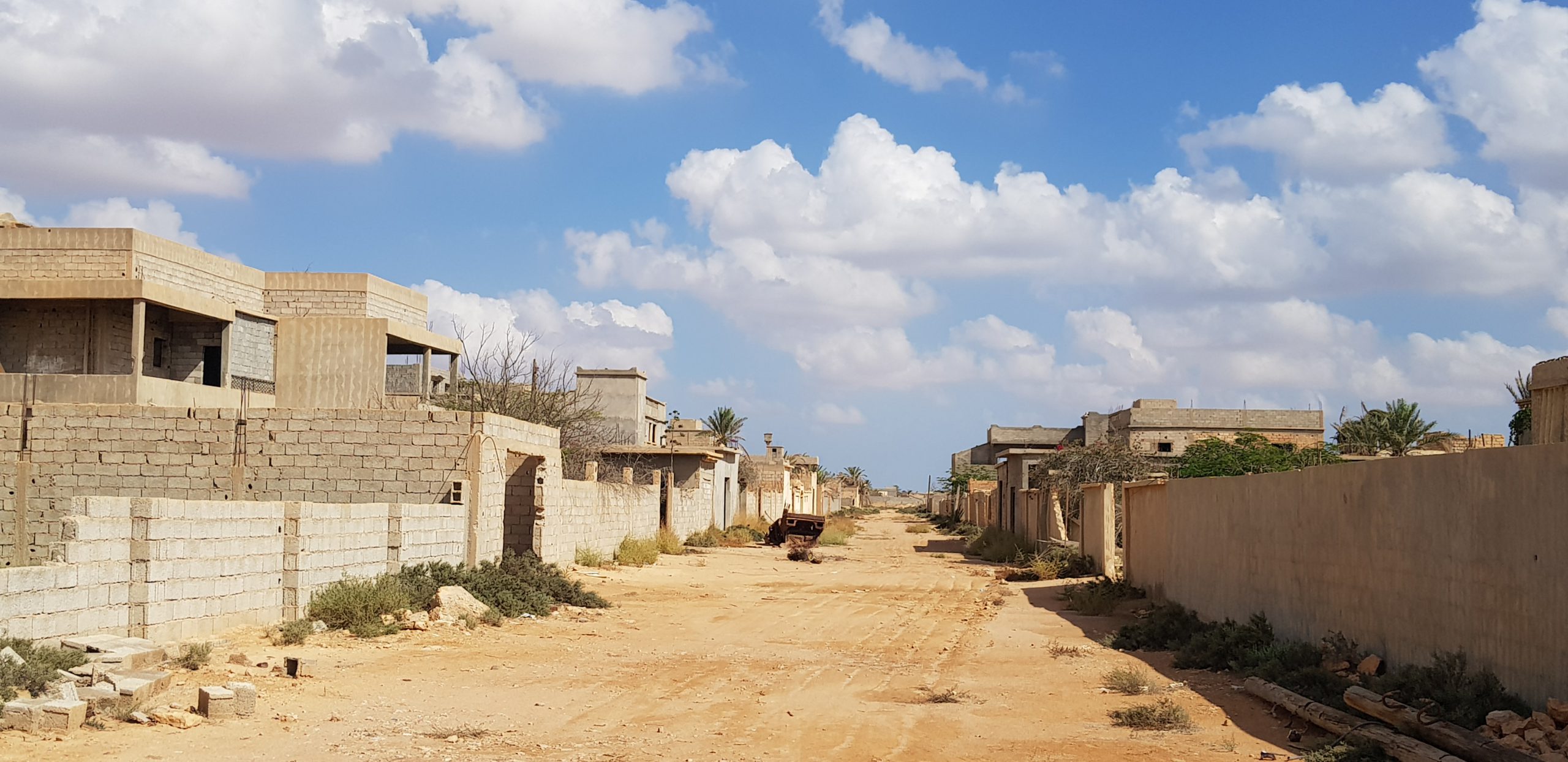

PCi is mentioned in an article by Nate Wilson, ‘Coronavirus Shows Why Libya Needs to Build its Institutions’, published on 14 April 2020 for the United States Institute for Peace (USIP). The article highlights that institutional support to improve the Libya COVID-19 response must take into account conflict dynamics at a regional, sub-regional and even community level. USIP advocates for organisations working in Libya to use their analysis, as well as analysis from PCi, Mercy Corps, Danish Refugee Council and others, “to inform their decisions, then they can use aid to connect groups in conflict, ensure that it is inclusive, and thereby maximize benefits. This will surely benefit Libya beyond the immediate crisis.”
PCi urges “those with the ability to stop the suffering” in conflict-affected areas to take action now and ensure unimpeded and sustained access for organisations delivering aid and medical supplies in response to COVID-19.
Click to read PCi’s report on the interaction between Covid-19 and conflict dynamics in Libya
PCi provides conflict sensitivity advice to embassies, donor agencies, UN agencies, international NGOs and research organisations. PCi is currently the Coordinator of the Conflict Sensitivity Community Hub (until September 2020).

